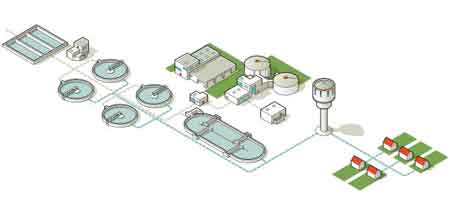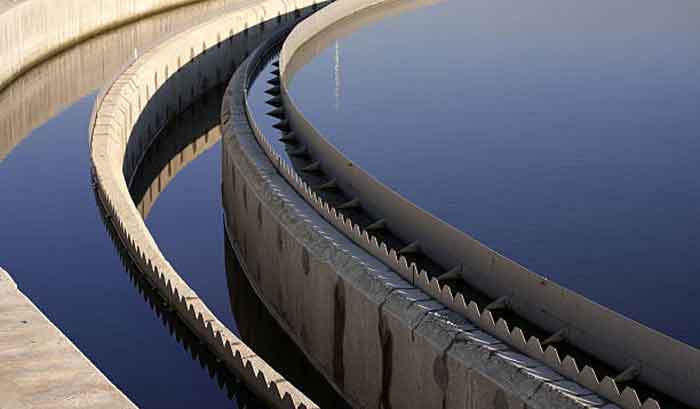Water treatment facilities have many benefits. The use of oxygen encourages the natural breakdown of organic materials, removes dissolved iron and manganese, and reduces corrosion. Staff monitor the dissolved oxygen, ammonia, and nitrate levels. These chemicals help prevent water from being contaminated. Water treatment plants may use a coagulant to neutralize fine particles by holding a positive electrical charge and allowing them to settle out.
Pretreatment

To prevent water pollution, industrial processes produce wastewater that contains large amounts of organic and inorganic compounds. These pollutants can be harmful to the environment, including the marine ecosystem, and can affect the quality of drinking water. In order to prevent water pollution, these chemicals undergo pretreatment. Industrial pretreatment reduces the level of these contaminants in water, preventing widespread contamination of public sewer systems. Here are the benefits of industrial pretreatment.
Chlorination
Among the many components of drinking water, chlorine is the most essential element. Chlorine can kill microorganisms and kill plant matter, but it can also leave behind toxic residues. This element also readily combines with other components dissolved in water, including ammonia and organic color. Chlorine is available in two formulations, one of which is safe for human consumption, and the other is toxic and not suitable for household use, Check out the post right here.
Filtration
In a water treatment plant, filtration is an important part of the process for removing dissolved solids and pathogens from the water. Particles detach from the filter bed once the deposit value is reached. This detachment occurs concurrently with the equilibrium between attachment and fluidization. The amount of voidage in the filter bed also affects the rate of fluidisation, the amount of solids retained by the filter and the temperature of the water.
Ultrafiltration
A key part of water treatment is ultrafiltration, which is a cross-flow separation process. In this process, a liquid stream flows across a membrane, creating two streams: one, called the permeate, is concentrated in the species removed, and the other, called the concentrate, is left in the system. The configuration of the membranes and the quality of the feed fluid determine the types of species left in the permeate. The membrane is not a collector of ions, but instead acts as a barrier to molecules and colloids.
Reducing water wastage
Reducing water wastage is a critical issue for food and beverage companies. Water is essential for manufacturing processes and equipment, but it is also a valuable resource that can be reused within a food or beverage plant. Treatment processes can reduce water draws from the source and produce biogas. In addition to water treatment technologies, companies can also implement practices such as using vacuum systems and push systems instead of traditional hoses to clean equipment.
